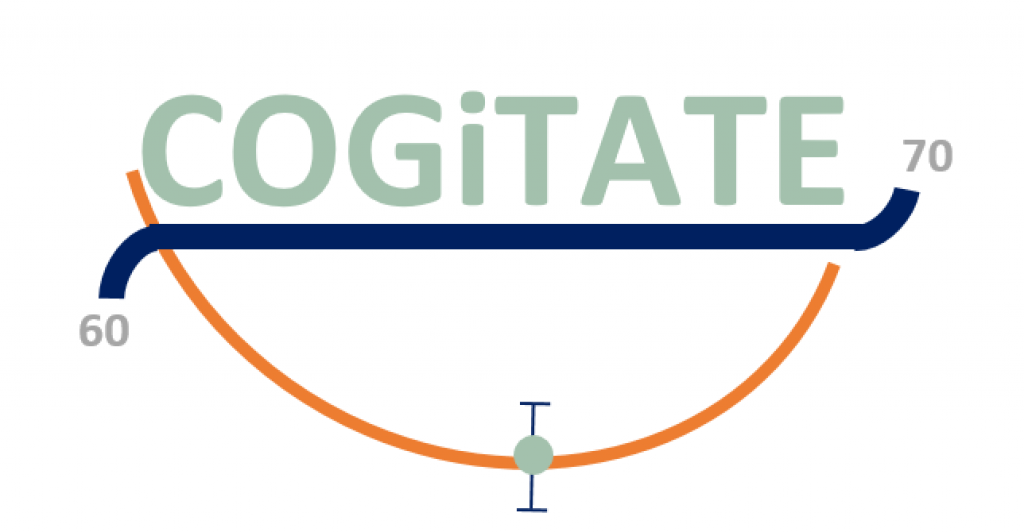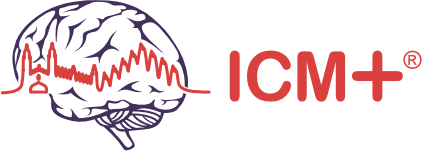COGiTATE : Feasibility and safety of an autoregulation-based therapy in TBI – only one quarter of the target recruitment left to go!
Monitoring cerebral autoregulation in traumatic brain injury patients can provide a CPP target for which autoregulation is best preserved (CPPopt). Could this offer a precision medicine approach with advantages over the current ‘one size fits all’ strategy?

COGiTATE
CPPOpt GuIded Therapy: Assessment of Target Effectiveness
Tailoring medical treatment to individual pathophysiology could offer a precision medicine approach in traumatic brain injury (TBI) patients with advantages over the current ‘one size fits all’ strategy. In this perspective, monitoring cerebral autoregulation (CA) can provide a cerebral perfusion pressure (CPP) target given by the optimal CPP for which autoregulation is best preserved (CPPopt).
Large retrospective data suggest that managing CPP close to CPPopt has a benefit in outcome. A prospective evaluation of CPPopt guided therapy is needed, but before performing an outcome study it is necessary to assess the feasibility and safety of such a protocol. We designed a phase II study with this purpose: COGiTATE (CPPopt guided therapy assessment of target effectiveness).
Objectives of the study
The primary objective of COGiTATE is to demonstrate the feasibility of individualising CPP at CPPopt in TBI patients continuously over time, expressed as the percentage of monitoring time for which CPP is within 5mmHg of CPPopt during the first 5 days of Intensive Care Unit (ICU) admission.
Secondary objectives are to investigate the safety (evaluating increases of the Treatment Intensity Level) and physiological effects of this strategy (changes in autoregulation indexes and organ function parameters).
Design of the study
- phase II non-blinded, randomised controlled trial that takes place in the ICU of the tertiary hospitals of Cambridge, Leuven, Maastricht and recently joined Nijmegen.
- Inclusion criteria:Adult patients with severe TBI requiring intracranial pressure directed therapy, within the first 24 hours after ICU admission.
Exclusion criteria:patients moribund at presentation, pregnancy, primary decompressive craniectomy
- Patients are allocated into two groups using a block randomization stratified per centre scheme.
- In the intervention group the CPP target (CPPopt) is calculated using an algorithm previously described by Xiu Liuet al. (slightly modified) and updated 4-hourly.
- The control group will use a fixed CPP target between 60-70mmHg.
The remaining treatment will be identical according to the Brain Trauma Foundation’s guidelines.
- Compliance to the protocol: assessed by 4-hourly thanks to a purpose built trail module implemented in ICM+, which prompts a clinical review of the CPP target and documents the decision making process.
Status
Patient recruitment started in February 2018 and will continue until 60 patients are studied (expected in two years).
As of the 1th of August 2019 only 15 patients left, with one centre having already completed the recruitment and another one only 3 short of the target 20.
Follow us
Website : www.cppopt.org
Twitter: @cpp_opt

